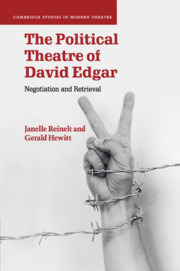4 - Governing memberships
Destiny, Playing with Fire, and Testing the Echo
Published online by Cambridge University Press: 05 August 2011
Summary
Relations of authority and power cannot completely disappear, and it is important to abandon the myth of a transparent society, reconciled with itself, for that kind of fantasy leads to totalitarianism. A project of radical and plural democracy, on the contrary, requires the existence of multiplicity, of plurality and of conflict, and sees in them the raison d’être of politics.
Chantal MouffeThe term ‘multicultural’ has come to define both a society that is particularly diverse, usually as a result of immigration, and the politics necessary to manage such a society. It has come to embody, in other words, both a description of a society and a prescription for managing it. Multiculturalism is both the problem and the solution – and when the problem and the solution are one and the same we can only be dealing with political snake oil.
Kenan Malik; emphasis in the originalAlmost all humans on this planet have organized themselves, or been forcibly organized into, polities of one type or another. Each one of these is different from the others in its origins, history, forms of association, power sharing, protections provided and obligations imposed. Citizenship practices, and other markers, distinguish members of a particular polity from guests, aliens and/or enemies, who are all ‘outside’ the polity in one way or another. Inevitably, a playwright who investigates politics in his writing must deal in a number of ways with how polities are composed, how membership is arranged, and what happens when these arrangements go awry or break down altogether.
- Type
- Chapter
- Information
- The Political Theatre of David EdgarNegotiation and Retrieval, pp. 103 - 153Publisher: Cambridge University PressPrint publication year: 2011



